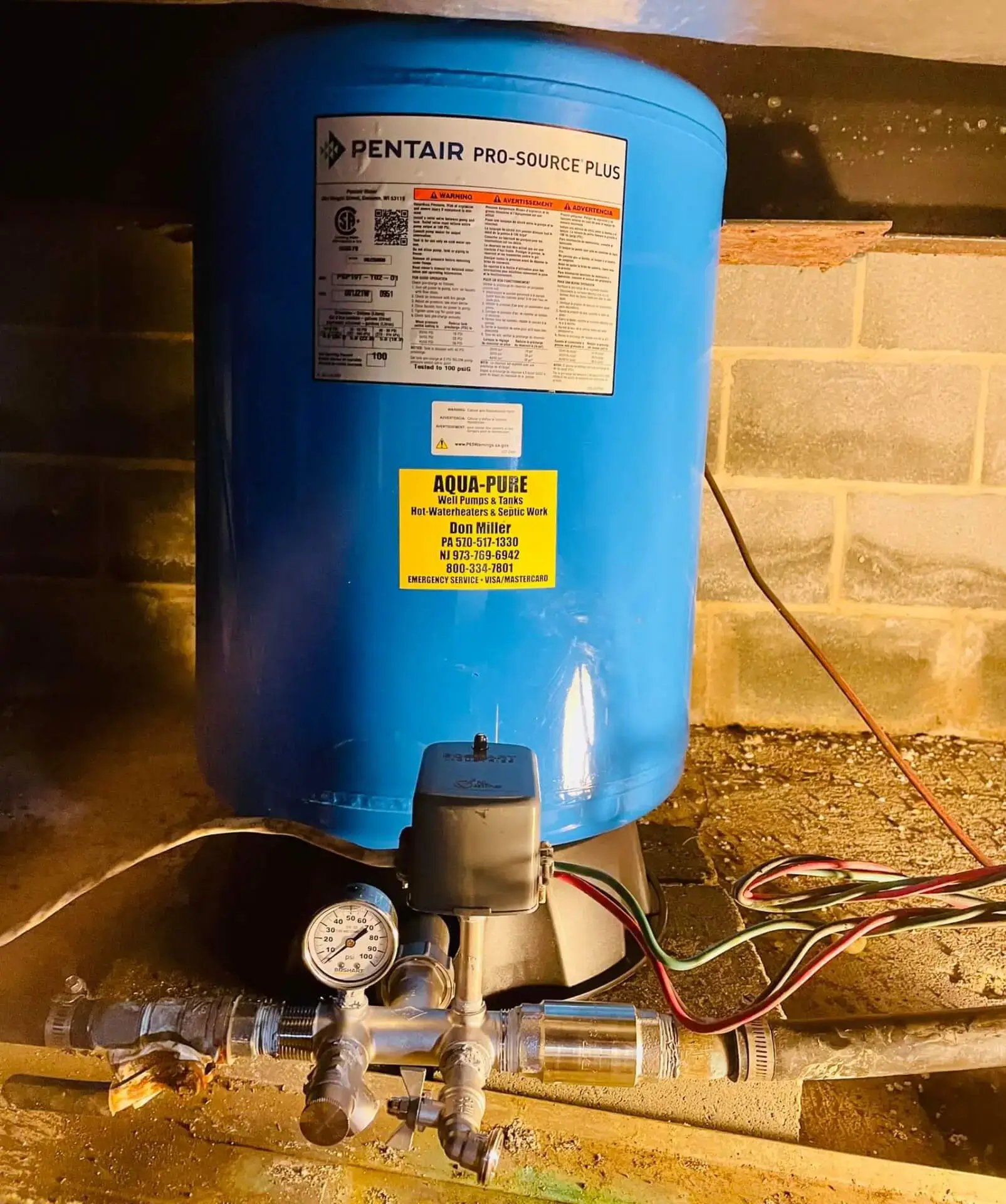High-grade Water Filtration Systems: Making Certain Tidy and Pure Consuming Water
Understanding the Key Elements of Effective Water Filtration Systems

Significance of Water Purification Systems
Water filtering systems play an essential role in making sure accessibility to clean and safe drinking water by successfully removing contaminants and contaminations. These systems are essential in resolving the expanding worries over water top quality and the possible health dangers related to consuming infected water. By utilizing numerous filtering mechanisms such as reverse osmosis, turned on carbon, and UV sanitation, water filtering systems can successfully get rid of dangerous compounds like microorganisms, infections, heavy metals, and chemicals from the water supply.
Moreover, water filtration systems help to improve the preference and smell of water by eliminating chlorine, sediments, and other pollutants that can influence its top quality. Water Filtration Systems. This enhancement in water high quality not only makes it more palatable however likewise urges individuals to consume alcohol an appropriate quantity of water daily, advertising much better hydration and general health
Sorts Of Filtration Components

Physical filters are made to physically stress out pollutants from the water. These filters can be made of products like ceramic, carbon, or perhaps sand, and they function by capturing fragments bigger than the filter's pores as water passes with.
Chemical filters make use of numerous chemical processes to get rid of contaminants from the water. Instances include triggered carbon filters, which adsorb pollutants, and reverse osmosis membranes, which make use of stress to different pollutants from the water.
Biological filters use living microorganisms like algae or bacteria to break down natural issue and toxins in the water. These filters are commonly used in wastewater treatment plants or natural water filtration systems.
Understanding the various sorts of purification parts is critical for picking one of the most suitable water filtering system for specific filtration needs.
Function of Sediment Filters
Debris filters play a critical duty in water filtration systems by effectively catching strong fragments suspended in the water. These filters are commonly the very first line of defense in a filtering system, eliminating larger particles such as sand, silt, dust, and rust prior to more helpful hints the water moves via finer purification stages. By capturing these debris, the filters visit this site avoid them from getting to downstream parts, hence extending the life expectancy and performance of the whole system.
Neglecting this maintenance can lead to blocking, decreased water circulation, and compromised filtering performance. In general, sediment filters are crucial parts that contribute dramatically to the effectiveness of water filtration systems.
Duty of Turned On Carbon Filters
Playing a crucial function in water filtration systems, triggered carbon filters contribute in getting rid of impurities and impurities from the water supply. These filters are designed to adsorb and catch a variety of toxins, including chlorine, unpredictable organic substances (VOCs), chemicals, and herbicides. The triggered carbon product has a big area, enabling the reliable trapping of contaminants via a process called adsorption. As water goes through the filter, the triggered carbon draws in and holds onto the pollutants, guaranteeing that the water that appears beyond is cleaner and safer for consumption.
Activated carbon filters are highly reliable at boosting the preference and odor of water by reducing chemicals that can affect its high quality. They are also with the ability of getting rid of certain heavy metals like lead and mercury. In addition, these filters can assist stop the build-up of microorganisms and algae in water, more improving its general top quality. As a result of their flexibility and dependability, activated carbon filters are a vital part in making certain that water is purified to the highest standards prior to reaching consumers.
Comprehending Reverse Osmosis Systems
Reverse osmosis systems are innovative water filtering moved here systems that utilize a sophisticated procedure to eliminate contaminants and contaminations from drinking water. These systems work by using pressure to the water, compeling it via a semi-permeable membrane layer.
In addition, reverse osmosis systems are reasonably low-maintenance and can be mounted under the sink or in a main purification system, providing practical access to tidy water throughout the house. In general, recognizing just how reverse osmosis systems work can aid people make educated decisions concerning their water filtering demands.
Final Thought
In conclusion, reliable water filtration systems are vital for ensuring clean and secure alcohol consumption water. By recognizing the function and role of each element, individuals can make informed choices when selecting a water filtering system.
Water filtering systems play a vital function in making sure accessibility to secure and clean drinking water by properly getting rid of pollutants and pollutants. By using numerous filtering devices such as reverse osmosis, triggered carbon, and UV sterilization, water purification systems can successfully eliminate hazardous materials like bacteria, viruses, hefty metals, and chemicals from the water supply.
Debris filters play an important role in water filtering systems by effectively recording strong bits put on hold in the water (Well Pump Replacement).Playing a vital role in water purification systems, activated carbon filters are crucial in removing impurities and pollutants from the water supply.Reverse osmosis systems are innovative water filtration systems that employ a sophisticated process to get rid of contaminants and contaminations from drinking water